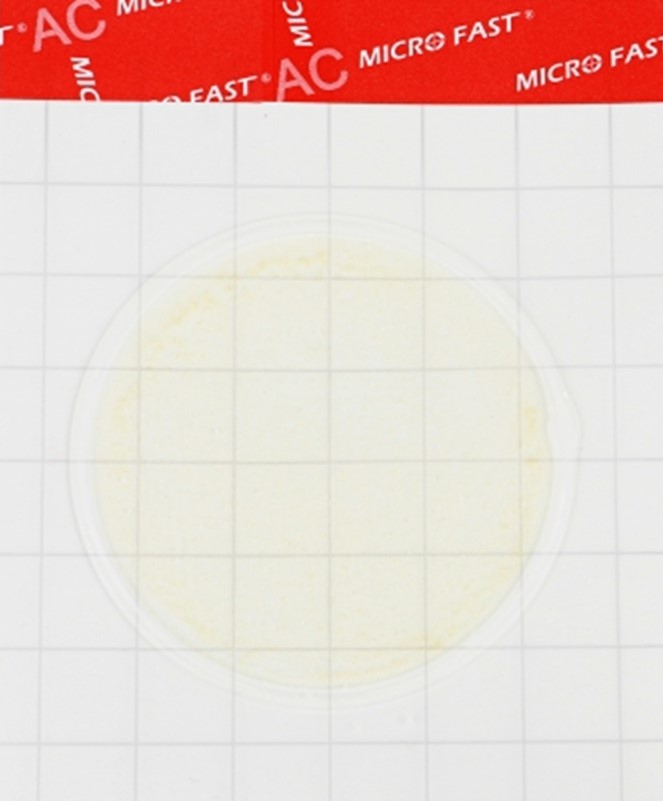Complex Probiotics Show Effectiveness in Protecting Newborn Calves from Diarrhea
Diarrhea in calves, which usually occurs about 2 weeks after birth, is the leading cause of death and results in high medical costs and economic losses for the dairy industry. Chinese scientists explore the impact of complex probiotics on the health of the intestinal microflora
Diarrhea is a common disease associated with disruption of the intestinal flora and damage to the intestinal mucosal barrier. Bacterial infestation, parasitic infection, dietary changes, and viral infection are common causes of diarrhea.
Imbalances in intestinal absorption caused by imperfect bowel function in newborn calves are also associated with disturbances in the intestinal flora.
After birth, calves receive numerous microorganisms from the external environment, which, including intestinal pathogens, colonize the gastrointestinal tract. Once the intestinal microbial barrier is compromised, inflammation occurs.
Thus, diarrhea is common in calves and causes high morbidity and mortality. Therefore, effective prevention and treatment of diarrhea in calves contributes to the development of dairy farming in general and the breeding industry of cattle in particular. Since there are beneficial gut micro-organisms in addition to harmful ones (they perform various functions, including the breakdown of carbohydrates and fiber), scientists investigated how compound probiotics affect the gut microbiota and the incidence of diarrhea in newborn Holstein calves.
“It is known that the health and growth of calves is largely dependent on the early microbial composition of the gut before weaning. For example, combined feeding of Lactobacillus plantarum and Bacillus subtilis can shorten the duration of diarrhea in calves and even prevent it. Several studies have noted that feeding calves milk substitutes containing yeast and lactic acid bacteria significantly increased the feed conversion rate and suppressed diarrhea. – Authors from the College of Animal Science and the College of Veterinary Medicine of the Inner Mongolia Agricultural University write in an article published in Animals 2022 on the MDPI portal.
- It was found that probiotics colonized the intestinal tract of animals and attached to the surface of the intestinal mucosa, thus forming a microbial protective layer that prevents the invasion of pathogenic bacteria and reduces their living space.
Intestinal bacteria also produce short chain fatty acids such as propionic acid, lactic acid, and acetic acid, which increase acidity and thus limit the habitat of pathogenic bacteria. These findings suggest that probiotics are excellent candidates for diarrhea prevention.
In this study, probiotics included complex yeasts (Saccharomyces cerevisiae and Kluyveromyces marxianus) and lactic acid bacteria (Lactococcus lactis subsp. lactis, Pediococcus pentosaceus and Lactobacillus plantarum)).
Among them, the LS, L, and S groups were different compound probiotic groups, and a control group was also isolated. Our results showed that while compound probiotics significantly increased the richness of gut bacteria in the community. The feeding process lasted 15 days. Fecal samples were collected from all calves at the end of the trial and analyzed using high throughput 16S rRNA sequencing.
Among the four groups, gut microbial alpha diversity was significantly higher in neonates in the LS group than in the L, S, and D groups. Overall, the dominant phyla were Firmicutes, Actinobacteria, and Bacteroidetes, while Bifidobacterium was the most common phylum in the bovine intestine. in the LS group.
Newborn calves from groups treated with compound probiotics had closely clustered gut bacterial communities and lower rates of diarrhea. In general, complex probiotics well regulated the structure of the intestinal microbiota of newborn calves and improved intestinal health. The results improve our understanding of the role of probiotics in calf health and are of particular relevance to researchers in the dairy and animal industries.”





























































